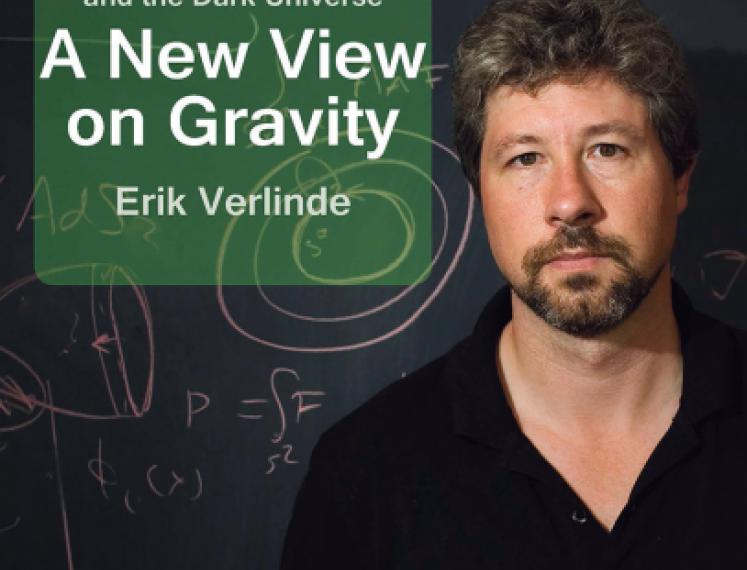
Academiegebouw
Broerstraat 5
Groningen
Netherlands
A New View on Gravity
Are we standing on the brink of a new scientific revolution that will radically change our views on the very nature of space, time and gravity?
In most circumstances gravity is well described by the theories of gravity of Newton and Einstein. However, there are important open question regarding the nature of gravity at cosmological scale, especially on the nature of the observed dark matter and dark energy. At present we are witnessing a revolution in theoretical physics leading to a completely new view on space-time and gravity. Studies in string theory and black hole physics reveal a deep connection between space-time and gravity and key concepts of quantum information theory. Gravity appears as a consequence of a quantum-analogue of the first law of thermodynamics. Meaning that gravity isn't a fundamental force of nature, but rather an emergent phenomenon - just like temperature is an emergent phenomenon that arises from the movement of microscopic particles. In other words, gravity is a side effect, not the cause, of what's happening in the Universe. This new view on gravity and space-time has particularly important implications for cosmology, and naturally explains the observations in galaxies that are currently attributed to dark matter.
Erik Verlinde is a Professor of Theoretical Physics at the University of Amsterdam. After receiving his doctorate in Utrecht, he worked at the Institute for Advanced Study at Princeton, CERN, and was professor at the University of Utrecht and Princeton University. In 2011, the Netherlands Organisation for Scientific Research (NWO) awarded Verlinde the Spinoza Prize for his research on string theory and entropic gravity.


